The transformation of rural societies in the third world in the era of globalization is one of the most significant processes of social change in the contemporary world. The majority of the people of less-developed countries are still rural, their lives and work bound up with the relations of production in rural economies. The accelerated introduction of polices of stabilization and structural adjustment in the 1980s and 1990s have had wide-ranging and profound implications for the third world countryside – for agrarian relations and the development of capitalism in the countryside, for programmes of local government and, ultimately, for the conditions of life and work of hundreds of millions of people in less-developed countries. The Development and Planning Department of the Government of West Bengal organized a three-day international conference in Kolkata, from January 3 to 6, 2002, in order to provide a forum for debate and discussion on new theoretical and empirical research in the field of agrarian relations in less-developed countries, and in order to advance our understanding of what is happening in rural societies as a result of the most recent phase of global capitalism. The papers brought together in this volume were first presented at this conference. The papers cover a wise range of theoretical issues and empirical experiences. Some of the theoretical papers address the question of the effectiveness and reliability of different types of land reform; others focus on the macroeconomic context of liberalized trade and mobile financial flows. Of the country case studies, some (on Mexico, Chile, Brazil, Cuba, China and Bangladesh) are concerned with changes in agrarian relations in the context of globalization; other s(on South Africa, the Philippines and sub-Saharan Africa) identify the nature of and constraints on land reforms in the contemporary period. The discussion on the Indian experience ranges from macroeconomic trends and statewise patterns to a study of a particular village over tow decades. While the specific concerns and historical processes of each country and region are indeed different, the papers also reflect common concerns and worries, especially with regard to the impact on the rural working people of new policies of globalization and liberalization.
How Do Small Farmers Fare?: Evidence from Village Studies in India
This volume examines the ...
$60.30
$67.00


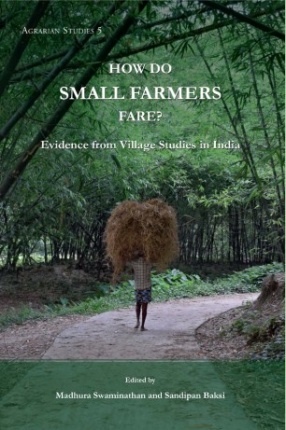
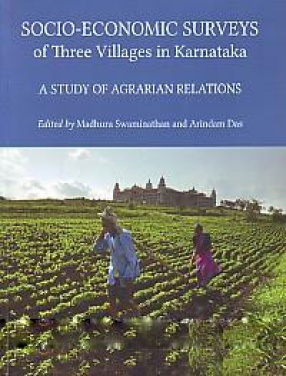
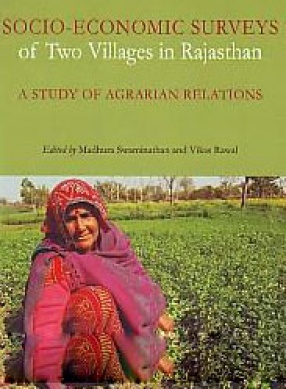
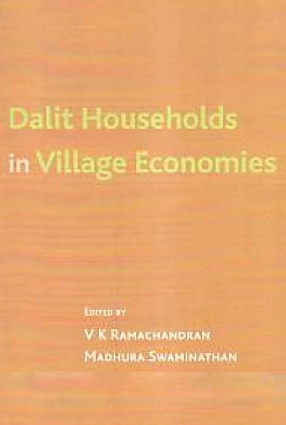
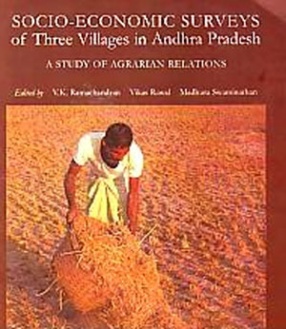
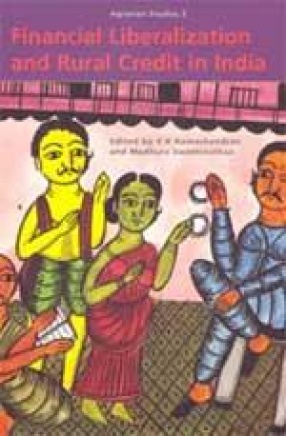

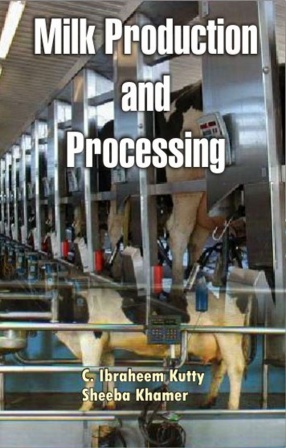
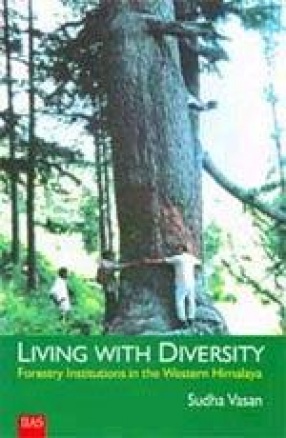
There are no reviews yet.